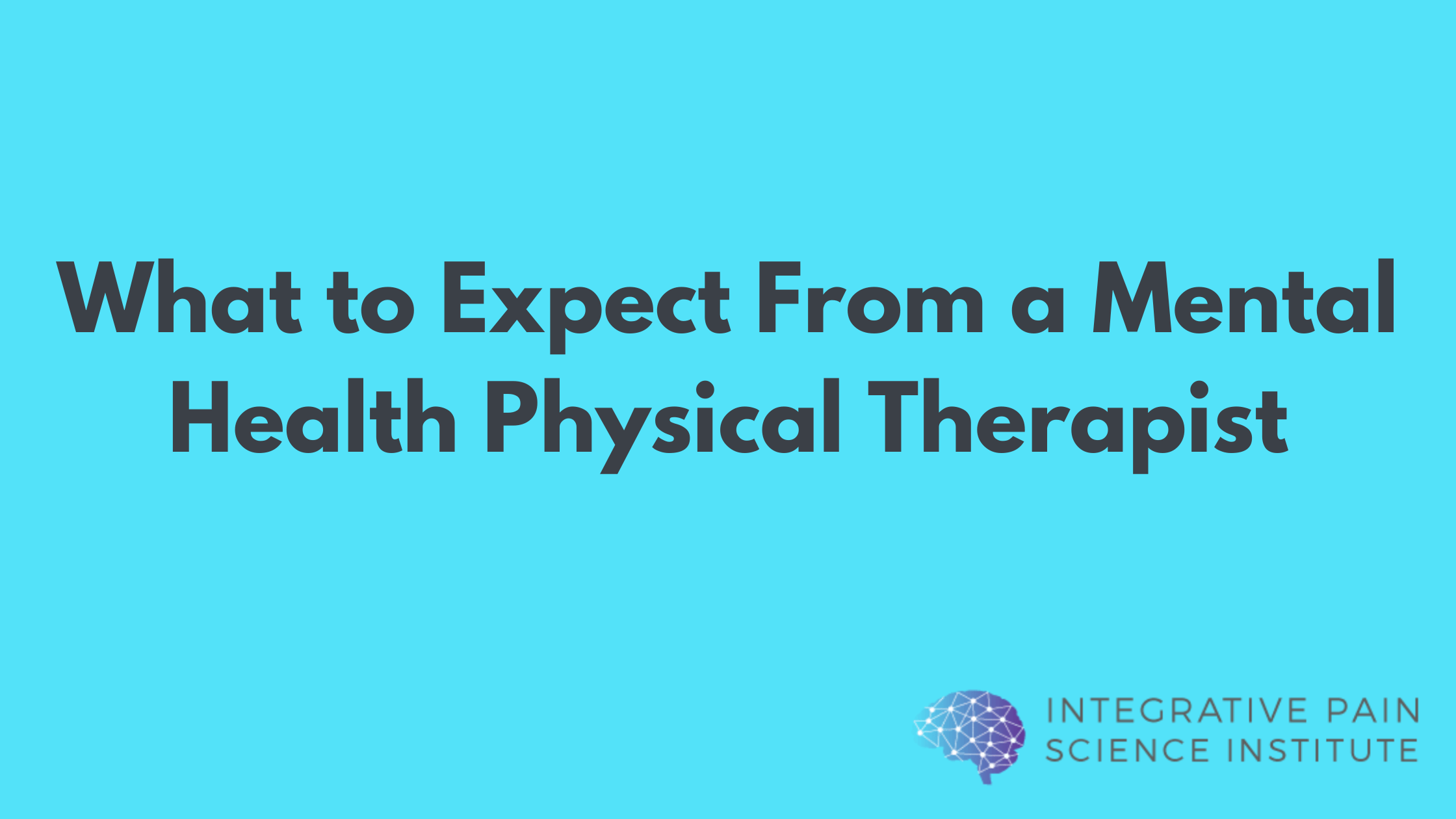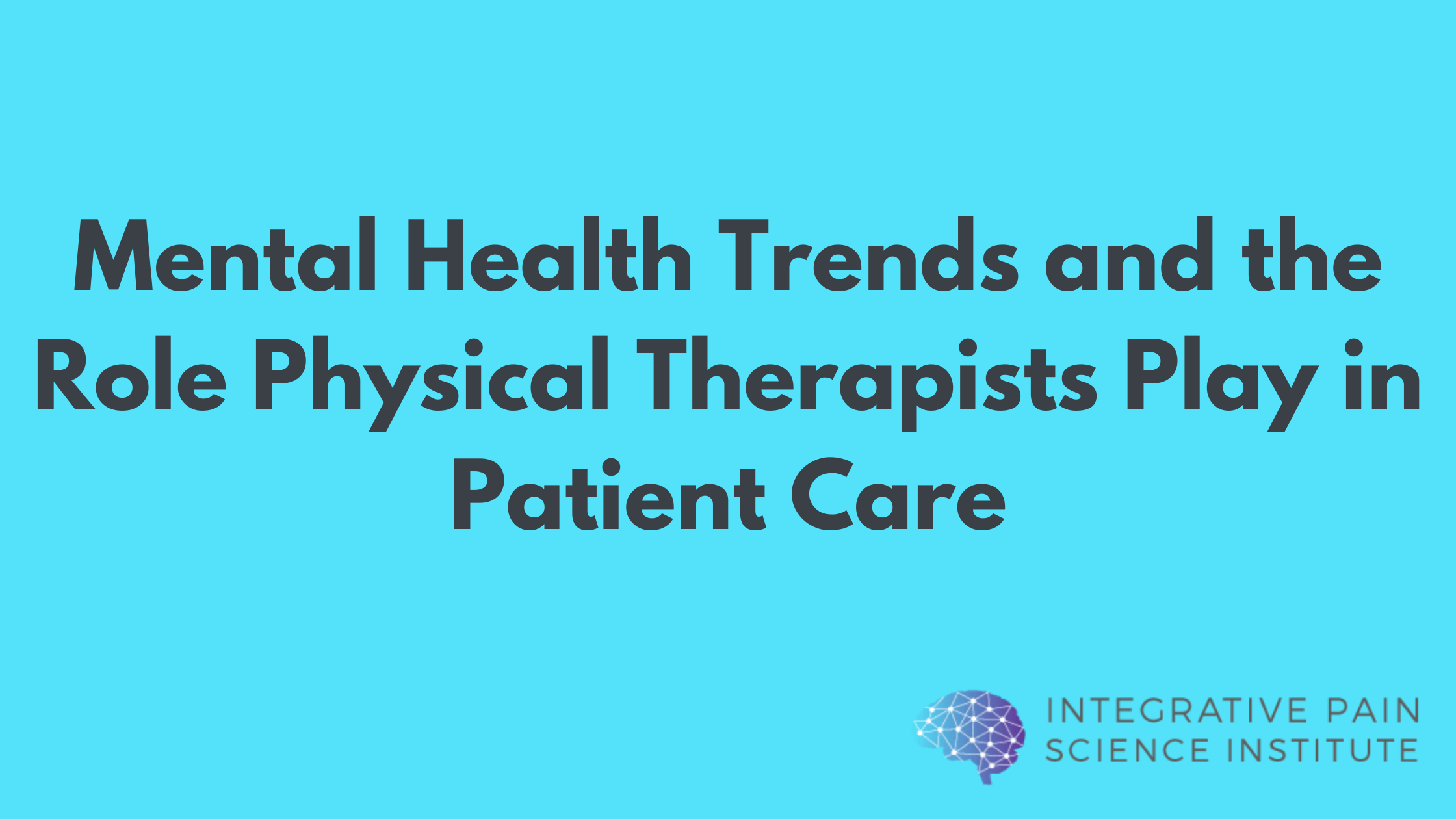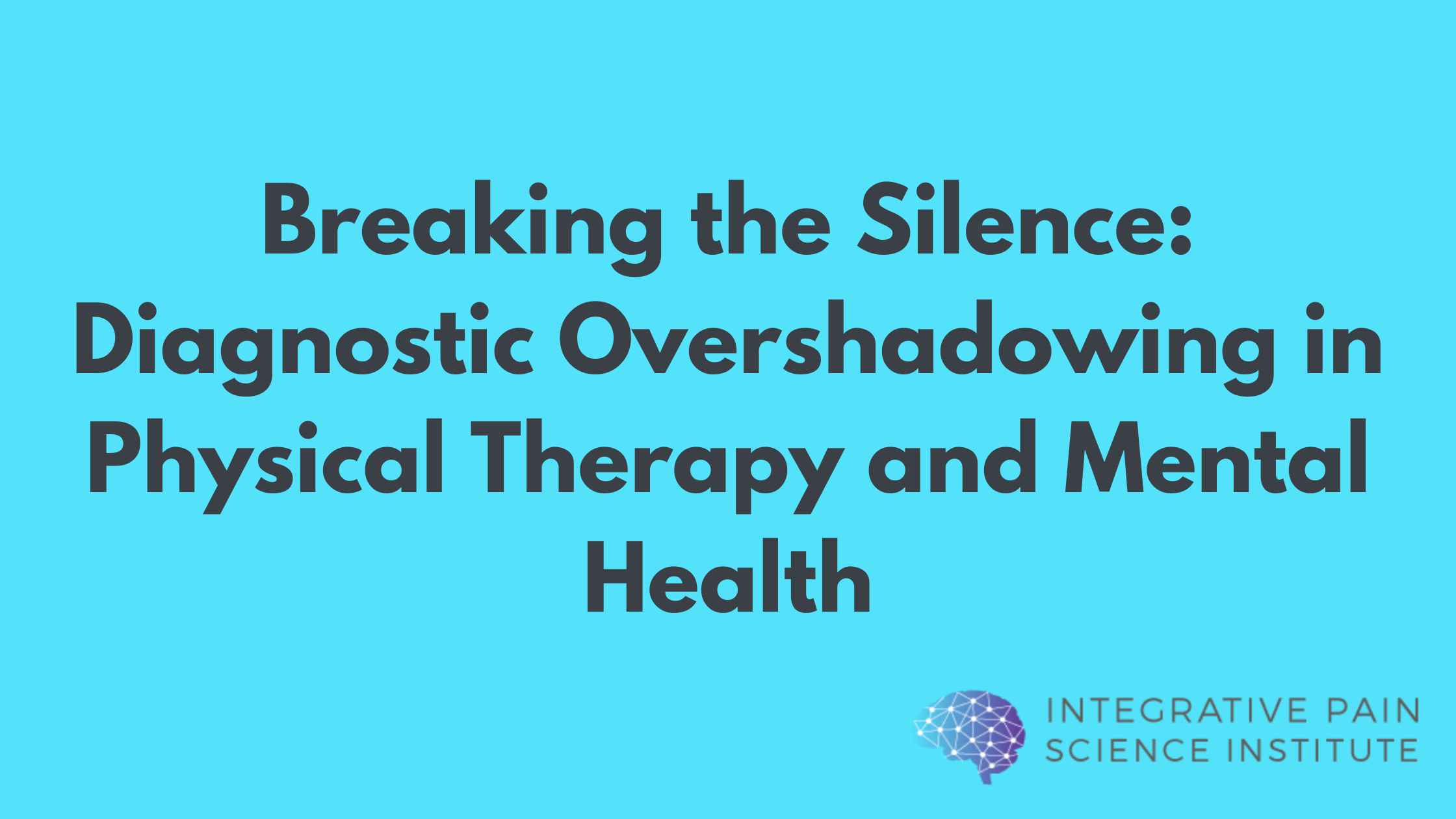Osteoarthritis is the most common musculoskeletal problem. If you are obese, diabetic, or have hypermobile joints, you may be at risk for developing this condition.
We often see images of heroic finishes and big games where champions are drinking up in celebration. That’s a once in a lifetime event. But how many of our adult sports leagues or clubs finish games and seasons with celebrations at “the bar” drinking down victory?
Athletes, as well as the rest of us, want to last forever. Small amounts of alcohol such as red wine have great health benefits but a constant daily booze infusion can trigger joint pain along with other problems.Alcohol Use in Athletes
Alcohol abuse typically starts in junior high school and often continues thereafter. According to the NCAA, NFL, NBA and U.S. Olympic Committee, alcohol is the most abused drug in collegiate sports. Is it limiting our athlete’s ability to perform and recover? Most experts say “yes”.Performance When Blood Alcohol is Present
Even low levels of alcohol in the bloodstream from the night before can impact motor performance. In low to moderate doses, studies show that alcohol use can result in decreased grip strength, jump height, and sprinting performance. It can also be responsible for faster fatigue during high-intensity, aerobic exercise. In other words, that hangover is hurting you more than you think!
Alcohol and the arthritis link
Alcohol Inhibits Nutrient Absorption
Too much alcohol can damage the lining of the intestine and cause inflammation. When this occurs, vital nutrients essential to muscle function, including magnesium and vitamin B1/thiamine, cannot be absorbed. Aside from aggravating arthritic symptoms, B1 deficiency can affect nerve function and cause weakness in the hands and legs.Alcohol Dehydrates
Alcohol is a diuretic, meaning it causes dehydration. Aside from making joints and muscles feel stiffer, low hydration levels can dry out cartilage and contribute to further breakdown. This is especially detrimental if exercising in hot environments for prolonged periods of time.Alcohol Thins Your Bones
Alcohol can thin your bones and make them prone to damage. Arthritis, which results in bone loss and deterioration, is aggravated by excessive alcohol intake. It blocks calcium and vitamin D absorption while negatively affecting hormone balances. Some studies have linked alcohol with increased levels of the stress hormone cortisol and decreased levels of estrogen in women. These shifts in hormone levels can erode the bone’s ability to repair itself and even cause a breakdown.Alcohol Disrupts Your Sleep Cycle
Your body needs eight hours of deep REM sleep to recover post-exercise. Deep sleep promotes the release of Human Growth Hormone, which replenishes bones, tissues, and immune cells. Growth hormone plays a very large role in muscle building, cell growth, and joint repair. When alcohol is consumed, the sleep cycle is typically disrupted, and the secretion of growth hormone becomes limited.NSAID’s Add Fuel to the Fire!
After a day of intense exercise and celebratory cocktails, you may wake up with a killer hangover. Before you reach for that bottle of Advil, Aleve, or Ibuprofen, think twice before adding insult to injury. Chronic NSAID use has been linked to poor healing and accelerated cartilage damage. Couple this with alcohol damage, and you are on a slippery slope of poor recovery and possible injury.5 Strategies to Help Your Arthritis and Stay an Athlete
- Limit alcohol 48-72 hours prior to a big competition. Pre-hydrate before a big event.
- Avoid NSAIDs to recover from hangovers and dehydration.
- When celebrating with alcohol alternate water with water to stay hydrated.
- When aiming for a new health goal, consider abstaining from drinking.
- For optimal health, consider non-alcoholic alternatives when planning celebrations.



